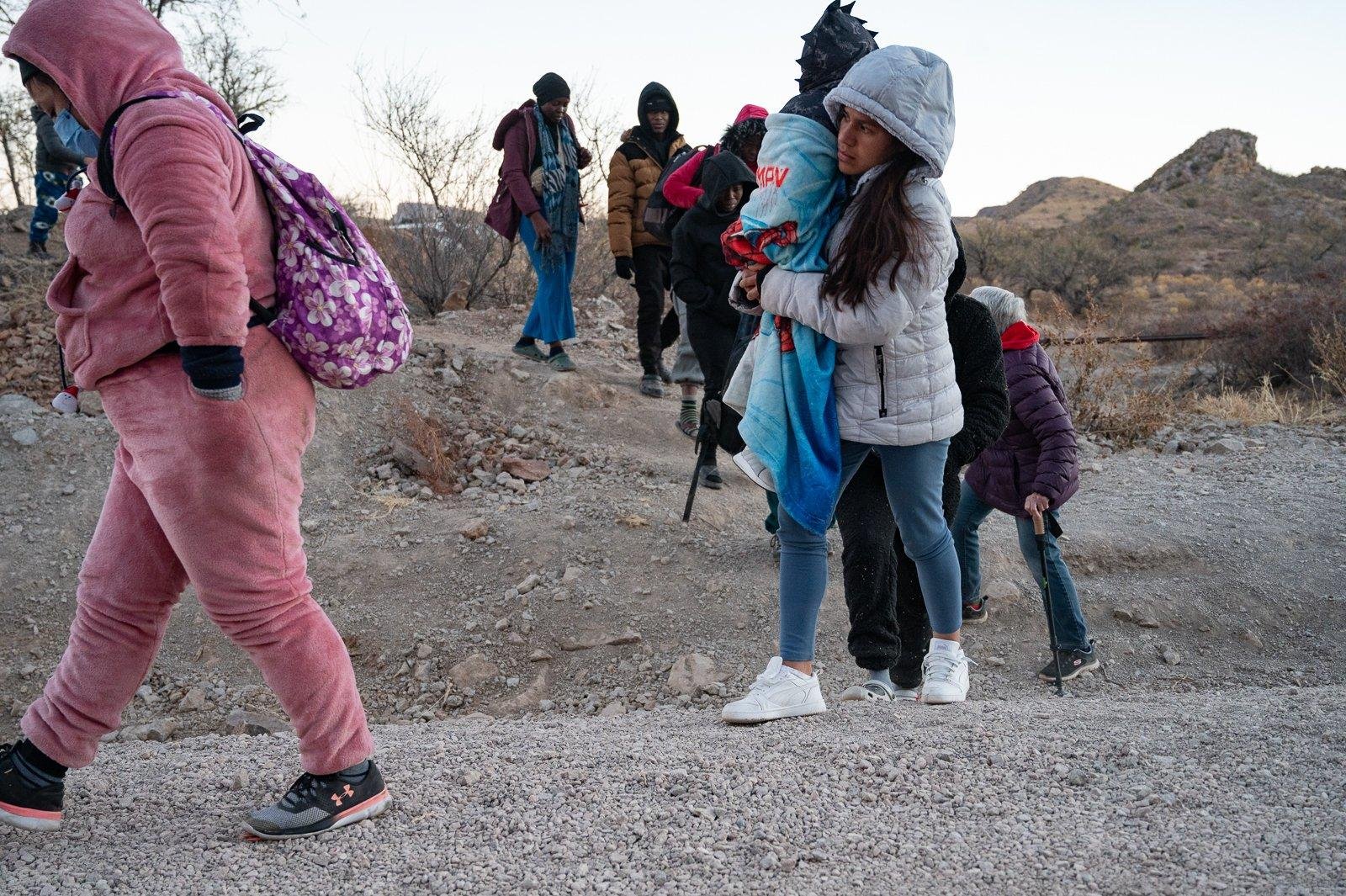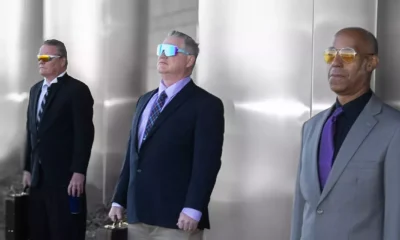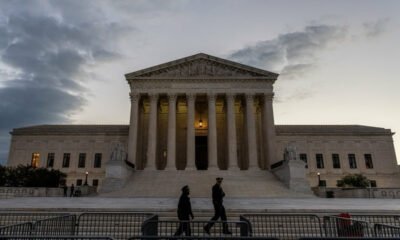border
Supreme Court Strips Due Process, Greenlights Trump’s Third-Country Deportations

The Supreme Court made a significant ruling on Monday, eliminating protections for migrants deported to countries not of their origin. This decision allows the Trump administration to disregard claims of torture from noncitizens being sent back to South Sudan.
In a 6-3 vote, the conservative majority permitted President Trump to proceed with third-country deportations, overriding a decision made by a lower court. The court did not provide an explanation for its ruling.
Justice Sonia Sotomayor, appointed by Barack Obama, criticized the ruling, arguing it undermines the rule of law in favor of executive power. “Rather than allowing our lower court colleagues to manage this high-stakes litigation with the care and attention it plainly requires, this court now intervenes to grant the government emergency relief from an order it has repeatedly defied,” Sotomayor stated in her dissent.
Since May 21, migrants from Cuba, Mexico, and Vietnam have been at a military base in Djibouti following a federal judge’s order that halted a deportation flight to South Sudan. U.S. District Judge Brian Murphy, appointed by President Biden, mandated that migrants must have adequate time to raise claims regarding potential torture in a third country.
In response to the lower court’s order, Trump requested the Supreme Court’s intervention, arguing that judicial review infringes on the executive’s authority to remove illegal migrants. “Having done so, the court wielded its own subjective ‘sense’ of ‘fairness’ to second-guess the executive’s judgments on matters of national security,” U.S. Solicitor General John Sauer contended.
This legal dispute is part of a broader initiative by the Trump administration to deport migrants to dangerous nations like Libya and El Salvador without the requisite legal safeguards. Historically, the Supreme Court has affirmed the rights of migrants in several rulings during Trump’s second term.
A class-action lawsuit was filed in March to challenge the Department of Homeland Security’s inadequate notice and opportunity for migrants to contest their deportation. The administration maintained that no process was due before the removals.
On April 18, Judge Murphy certified a nationwide class for migrants facing third-country deportation, ensuring broader protections beyond the initial plaintiffs. However, the Trump administration attempted to advance deportations without due process to various countries, including El Salvador and Libya.
On May 20, advocates filed an emergency restraining order as reports surfaced of plans to deport migrants to South Sudan. They highlighted that the affected individuals received insufficient notice and were not allowed to access their lawyers or file torture claims.
Although the restraining order was granted, the administration chose to keep the migrants at a military base in Djibouti, complicating communications between advocates and their clients. Advocates expressed concern that deporting migrants to these countries would be “intentionally punitive.”
The legal representatives urged the justices to deny Trump’s emergency application, emphasizing that without adequate safeguards, the migrants could face severe consequences.
“Absent the injunction, class members face a substantial risk of deportation to third countries where they could face torture or death without a meaningful ability to contest that fate,” they urged.
The Trump administration, on the other hand, argued that extending time to challenge deportations creates chaos in the removal process. “Those judicially created procedures are currently wreaking havoc,” Sauer asserted, claiming it disrupts national security efforts.
Among the migrants involved was Nyo Myint, a Burmese citizen, and Tuan Thanh Phan, a Vietnamese national, both identified by Homeland Security. The department alleges Myint has a history of sexual assault, while Phan was convicted of murder and assault.
Trump described these individuals as among the most dangerous illegal aliens and lamented the complexities involved in deporting them, particularly when their countries of origin refuse to accept them back.


















